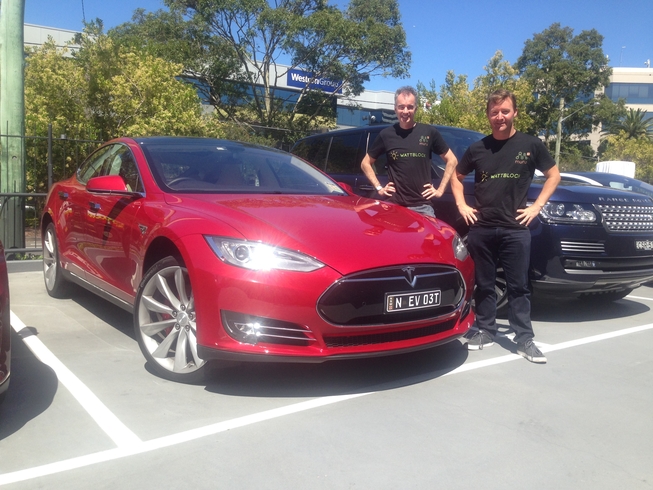
Are you ready for electric vehicle tourists?
Electric Vehicle Charging facilities should already be attracting premium tourist dollars.
Research study confirms escalating demand for electric vehicle charging facilities in resorts and residential strata. According to recent survey results Electric Vehicles or EVs are coming a lot sooner than anyone expected.
The surveys have been conducted in Sydney, Brisbane and Melbourne with as many as 53% of tenants participating across 113 buildings. Overwhelmingly 78 percent of respondents want charging facilities now. (View full results here)
Purchase intentions around electric vehicles reveal that 56 percent of respondents intend to have an EV within 10 years. If this is true the uptake of electric vehicles will be twice as fast as the most bullish AEMO projections.
[pro_ad_display_adzone id=”15046″ align=”left”]Furthermore the study reveals that Tesla is top of mind, a premium brand in this market. The launch of the Tesla Model 3 earlier this year has generated a lot of interest. However, the survey also covers hybrids such as the Nissan Leaf which are already quite common.New super highway for electric vehicle tourism
The newly established Electric Vehicle Council recently announced funding for an electric vehicle super highway running up the east coast of Australia. The Palaszcuk Government will fund eighteen “super-charging” stations at regular intervals from the Gold Coast up to Cairns.
However, the research shows that drivers want to charge their vehicles overnight. Even super charging stations take several hours to charge an electric vehicle and people don’t like waiting around.
According to the Research Director, Ross McIntyre “This is a huge opportunity for well positioned resorts and other holiday accommodation. Electric vehicle charging is a premium service offering. Installing electric vehicle charging facilities should already be attracting premium tourist dollars.”
How should you implement EV charging facilities?
The research paper covers technical and commercial aspects of electric vehicle charging solutions.
For residential strata buildings there is strong demand for individual user pays chargers on allotted car spaces. Likewise this demand extends to holiday vacationers. Expect to see Airbnb listings advertising charging facilities in the near future.
For resort style accommodation the demand is more likely to be oriented toward shared charging facilities in the short term. However you can expect to see increasing demand for exclusive access to car spaces with individual chargers.
It is therefore important that the solution is scalable to these increasing demands. It makes sense to provide for cable access and cable trays in parking areas to reduce future installation costs. Keep in mind that cables should not run for more than 60m due to voltage drops when planning distribution board layouts.
Consider energy efficiency and solar energy plans
The best place to start is with a capacity demand assessment of the main switch board. In most cases the switch board has not been designed to accommodate the future demands of EV charging and might need to be upgraded.
However, this can also be offset by improvements in the energy efficiency of other building services such as lifts, air conditioning and common area lighting. Besides freeing up EV charging capacity, building managers are often surprised to find great return on investment for energy efficiency projects.
Further consideration should be given to solar energy and battery technology. There are several ways this could impact on electric vehicle charging. One option is to set up solar as a complete stand alone energy system dedicated to charging vehicles. More commonly it will be integrated as part of common area power supply or an embedded network.
Keep in mind that early adopters of electric vehicles tend to be environmentally conscious. Many go out of their way to charge their vehicle at facilities that offer solar energy charging. This could be a differentiator in attracting those electric vehicle tourist dollars.
Research Scope
The research was conducted by Wattblock on behalf of the City of Sydney and later extended into Queensland with support from Griffith University. Wattblock is an independent energy advisory service with offices in Sydney and Brisbane.
Twenty buildings participated in a deep dive review of electric vehicle challenges including capacity demand assessments and a review of potential commercial models.
The survey was extended to 110 participant buildings in Sydney, Brisbane and Melbourne. Wattblock is now looking to extend the survey into other cities across Australia.
The surveys take approximately 2-4 weeks for each building and the results are provided to the strata and/or building manager.
Ross is the co-founder and Chief Data Officer of Wattblock. Winner of the SCA Innovation of the Year in 2016, Wattblock has developed a “smart city” analytics platform to reduce energy waste in high density urban environments.







